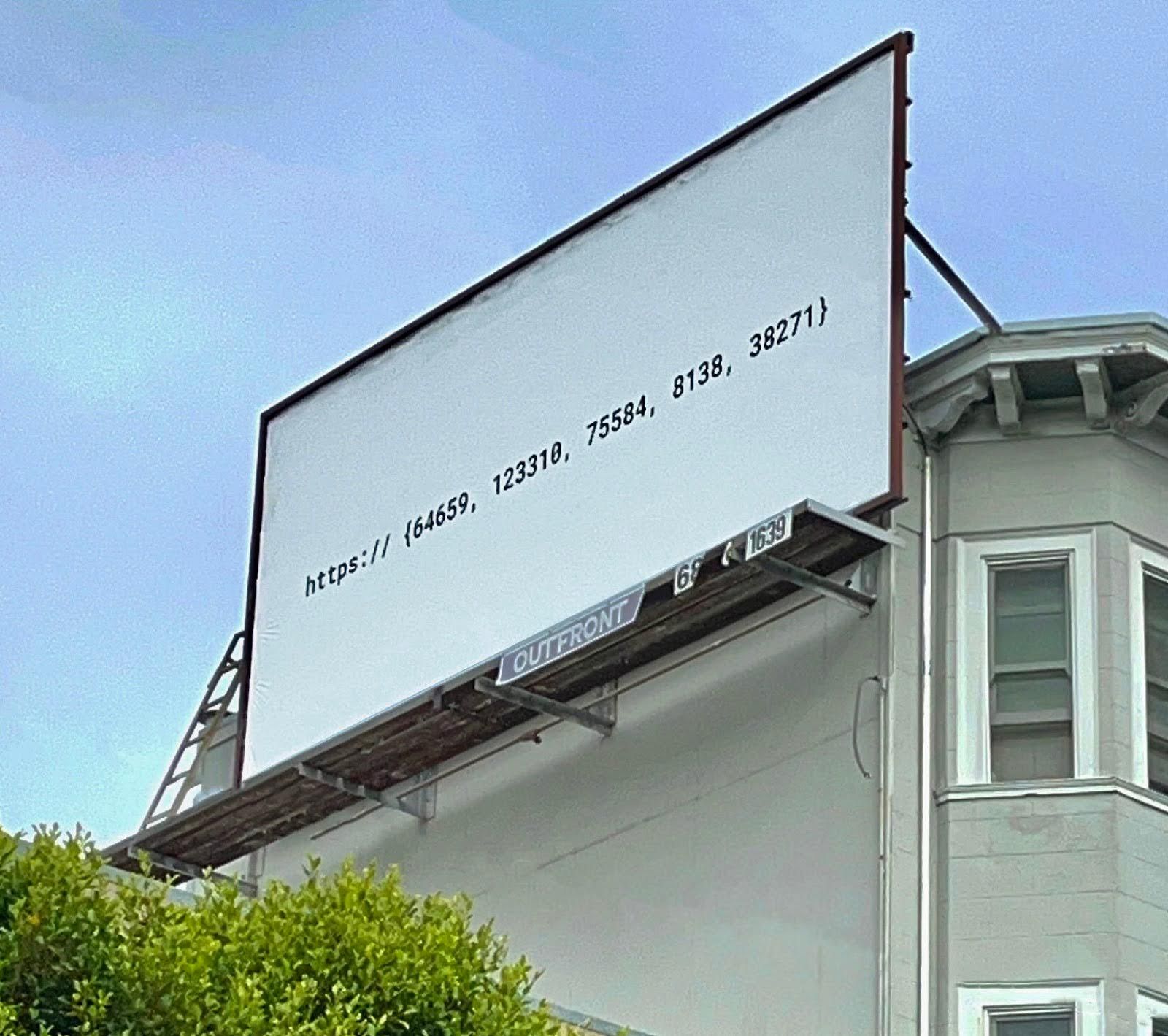The billboard over San Francisco's Nob Hill said nothing about hiring - just a cryptic URL and numbers. But Listen Labs' puzzle-based stunt pulled in 10,000 sign-ups and 60 interviews, highlighting how desperate AI startups have become in the talent wars. As OpenAI offers $2 million packages to high school dropouts, funded startups are resorting to elaborate schemes just to get noticed.
The war for AI talent just got weird. A mysterious billboard hanging over San Francisco's Nob Hill didn't mention Listen Labs or hiring at all - just a plain white background with "https://" and a cryptic string of numbers. But Alfred Wahlforss knew exactly what he was doing.
The Listen Labs CEO posted on X that whoever cracked the code and completed a follow-up challenge would win a trip to Berlin and get into Berghain, the ultra-exclusive nightclub that's basically the holy grail of electronic music venues. Within days, the stunt pulled in millions of views, extensive media coverage, 10,000 email sign-ups, and 60 actual interviews.
"We are spending a ton of money to not even advertise the company, but just to advertise us to engineers," Wahlforss told The Verge's Alex Heath. His Sequoia-backed startup has raised $27 million, but that doesn't matter when you're competing against OpenAI. "I have a friend who's a high school dropout, and he can work at OpenAI and make like $2 million a year."
The desperation is palpable across the startup ecosystem. Austin Hughes, CEO of AI sales platform Unify (which has raised over $50 million), commissioned a custom painting for one coveted candidate. OpenAI swooped in with triple the compensation. The candidate took the money but kept the painting - a perfect metaphor for today's talent market.
Even unicorn status doesn't guarantee success. Jesse Zhang runs Decagon, currently valued at $1.5 billion, and he's feeling the same squeeze. "It's one of the things I'm thinking about day to day," he admits. His company has tried the usual luxury recruiting tactics - fancy dinners with investor Accel, Warriors courtside tickets, even driving to the South Bay to meet a candidate's family.
But the most effective approach isn't flashy at all. "All the senior hires we've made in the first 100 people were all just people I knew," Zhang reveals. Hughes at Unify takes a similar approach - his team exports their LinkedIn networks into shared Google Sheets, creating index matches to find candidates with the most internal connections.
